Billy Wilder and his best movies
This year marks the 60th anniversary of the Billy Wilder classic ‘Witness for the Prosecution’. Graeme Ross lists the 20 of the legendary Hollywood director’s must-see films
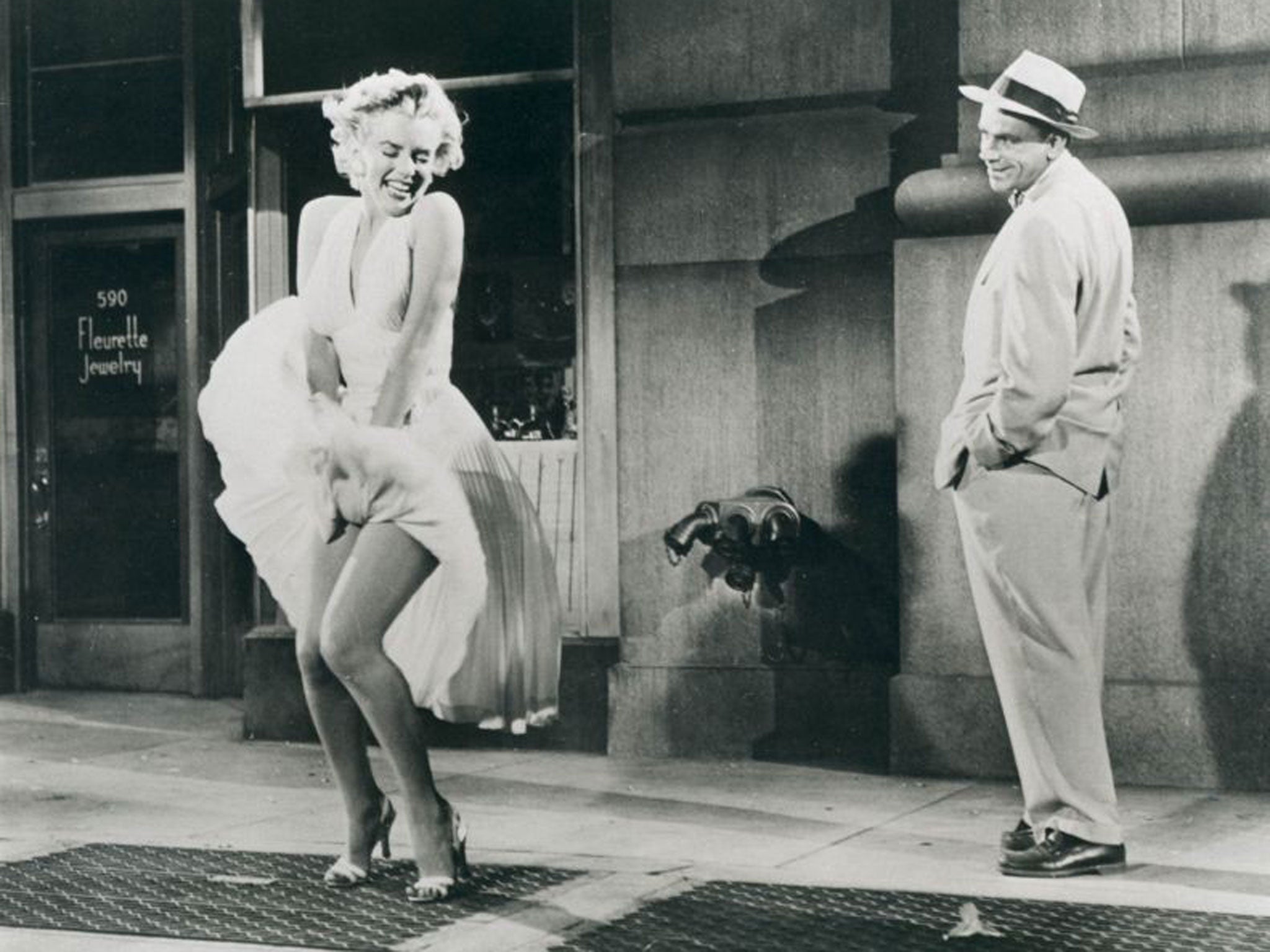
Your support helps us to tell the story
From reproductive rights to climate change to Big Tech, The Independent is on the ground when the story is developing. Whether it's investigating the financials of Elon Musk's pro-Trump PAC or producing our latest documentary, 'The A Word', which shines a light on the American women fighting for reproductive rights, we know how important it is to parse out the facts from the messaging.
At such a critical moment in US history, we need reporters on the ground. Your donation allows us to keep sending journalists to speak to both sides of the story.
The Independent is trusted by Americans across the entire political spectrum. And unlike many other quality news outlets, we choose not to lock Americans out of our reporting and analysis with paywalls. We believe quality journalism should be available to everyone, paid for by those who can afford it.
Your support makes all the difference.One of the highlights of TV in December was the BBC’s excellent adaptation of the Agatha Christie murder mystery, and quintessential courtroom drama, The Witness for the Prosecution. The Beeb’s reboot was so good that it turned my thoughts to the film version of the play, made 60 years ago by legendary director Billy Wilder. Watching Wilder’s take again, I was struck by just how well it has stood the test of time.
Rather than being a hoary, stage-bound relic from a bygone era, it remains fresh and suspenseful, with a superb cast. But where does 1957 film Witness for the Prosecution stand in Billy Wilder’s hugely impressive body of work.
Wilder wasn’t particularly prolific, with 25 Hollywood films in almost 40 years, but there was so much more wheat than chaff – he never made a true clunker of a movie. A master of so many genres, Wilder was almost universally viewed as Hollywood’s ultimate uber-cynic, but that cynicism was tempered with what his writing partner I.A.L. Diamond called a “disappointed romanticism”.
Born in 1906 in Sucha, Austria, in what is now Poland, Wilder fled Nazi Germany to come to Hollywood as a screenwriter, and penned some of the most sophisticated comedy romances of the thirties, such as 1939’s Ninotchka and Midnight. He often claimed that he became a director to stop others butchering his scripts. He co-wrote all of his films, most often in tandem with his regular writing partners Diamond and Charles Brackett. Wilder was never anointed with a Hitchcock-style nickname, nor afforded the auteur status of John Ford he so clearly merited (not that he wanted it – he baulked at the idea).
He would become known as Hollywood’s greatest realist, but he was also a great humanist who took risks where no one else dared, fearlessly tackling taboo subjects head-on when Hollywood’s strict Production Code ruled. Here in reverse order are Wilder’s 20 best films:
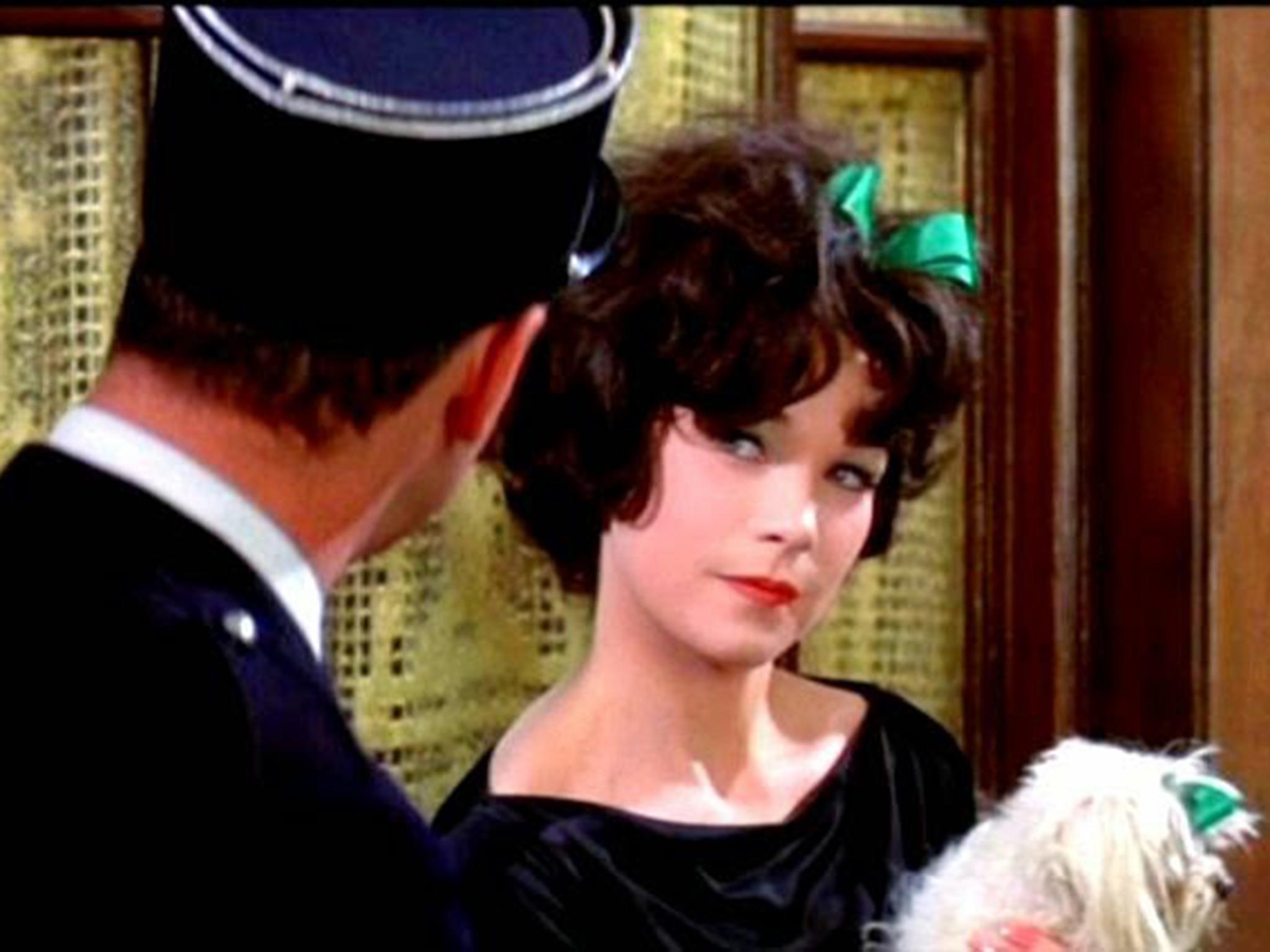
20. ‘Irma La Douce’ (1963) Wilder reunited his stars from 1960’s The Apartment for this romantic comedy. Self-righteous gendarme Jack Lemmon falls for Parisian prostitute Shirley MacLaine and attempts to keep her all to himself. It all bundles along nicely but ultimately lacks the magical appeal of The Apartment. Wilder and his two stars were not too bothered, though. The film was a huge box-office success and they were on a percentage of the profits.

19. ‘The Front Page’ (1974) On paper, The Front Page was an ideal project for Wilder but the third filming of the famed newspaper satire offers nothing new aside from contemporary language. Wilder himself said it was a mistake to do it. However, it’s still enjoyable late-period Wilder, worth watching for the chemistry between his leading men of choice, Walter Matthau and Jack Lemmon.
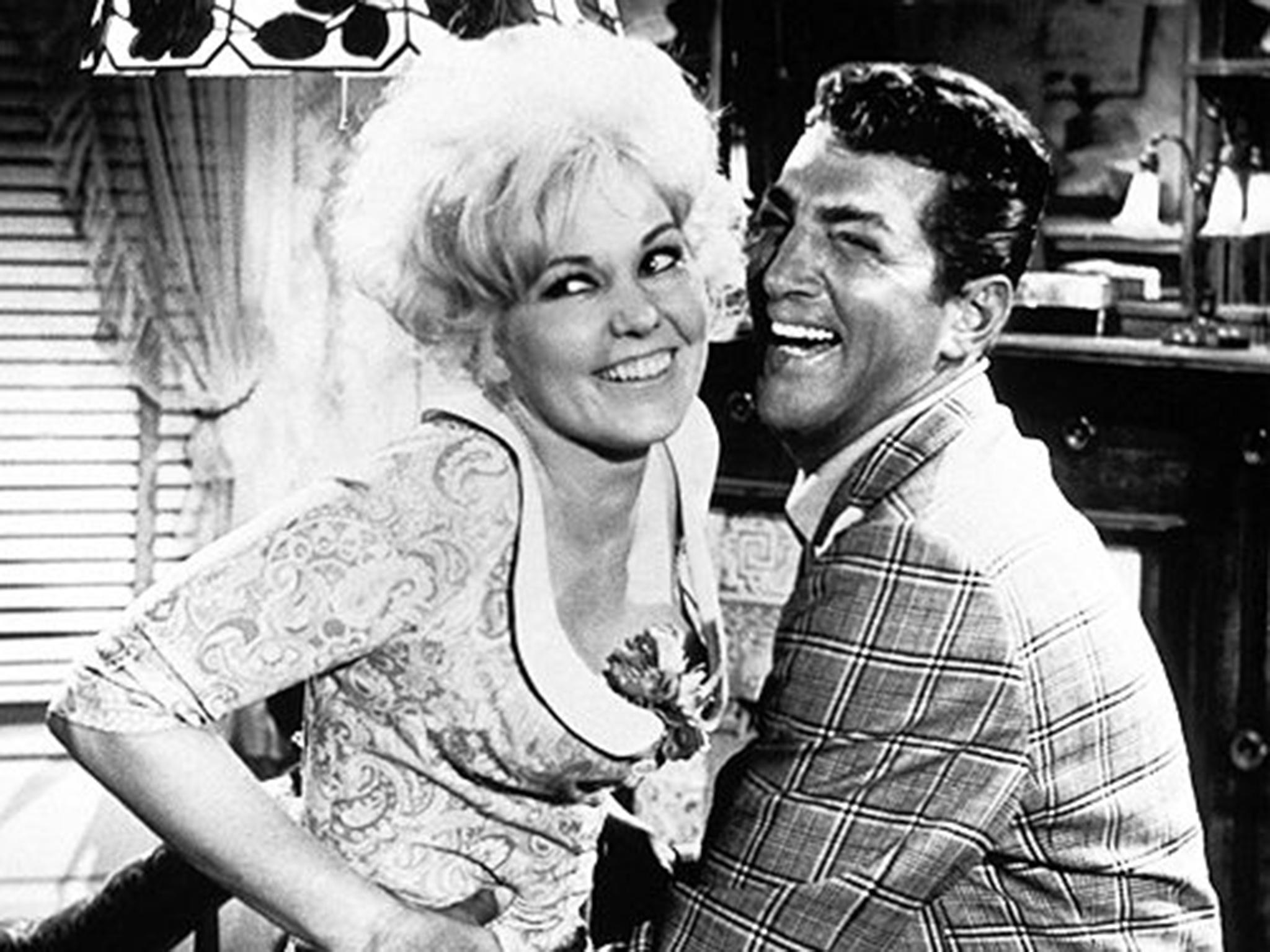
18. ‘Kiss Me, Stupid’ (1964) Slammed as smut on its release, Kiss Me Stupid’s reputation has been rehabilitated in recent years. In this tale of mistaken identity and marital infidelity, Dean Martin sent up his own image as a womanising singer who may just give aspiring songwriter Ray Walston his big break. However, Walston fears that Dino may target his wife so he persuades a local sex worker to masquerade as her, with predictable complications.
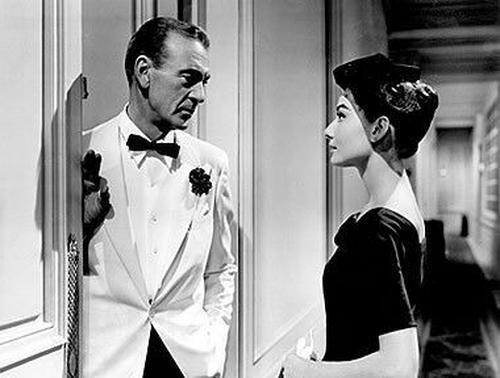
17. ‘Love in the Afternoon’ (1957) A May-December romantic comedy with Wilder’s first writing collaboration with I.A.L. Diamond. Wilder’s witty homage to Ernst Lubitsch does have something of the “Lubitsch Touch” although star Gary Cooper was uncomfortable with the age difference between himself and his love interest Audrey Hepburn.
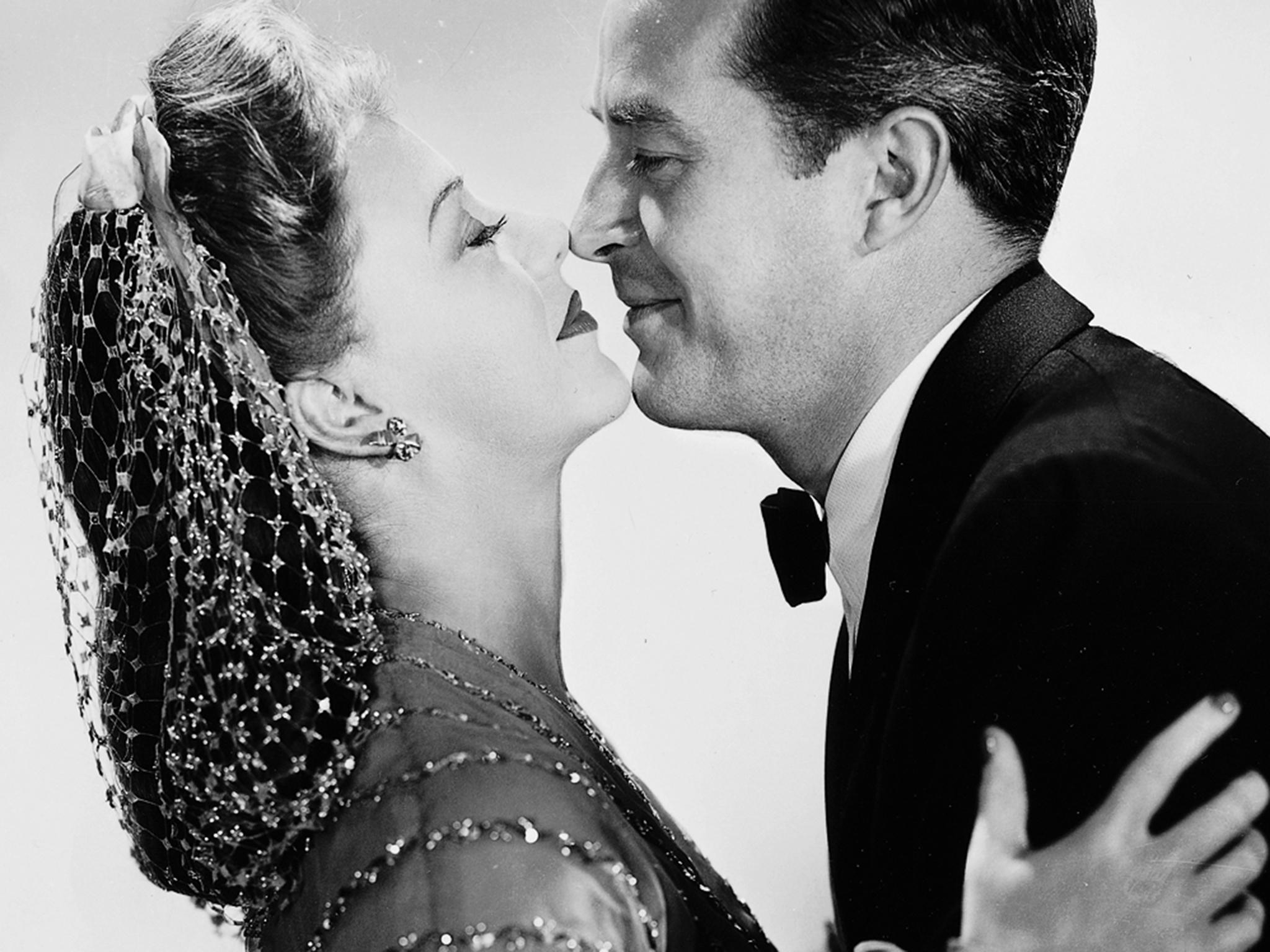
16. ‘The Major and the Minor’ (1942) In Wilder’s directorial debut, Ginger Rogers plays a woman masquerading as a 12-year-old girl to save on train fare. She falls under the care of unsuspecting army major Ray Milland. A big hit with critics and punters alike, Wilder handled the risque premise with aplomb. He was to return to the themes of sexual deception and repression throughout his career.
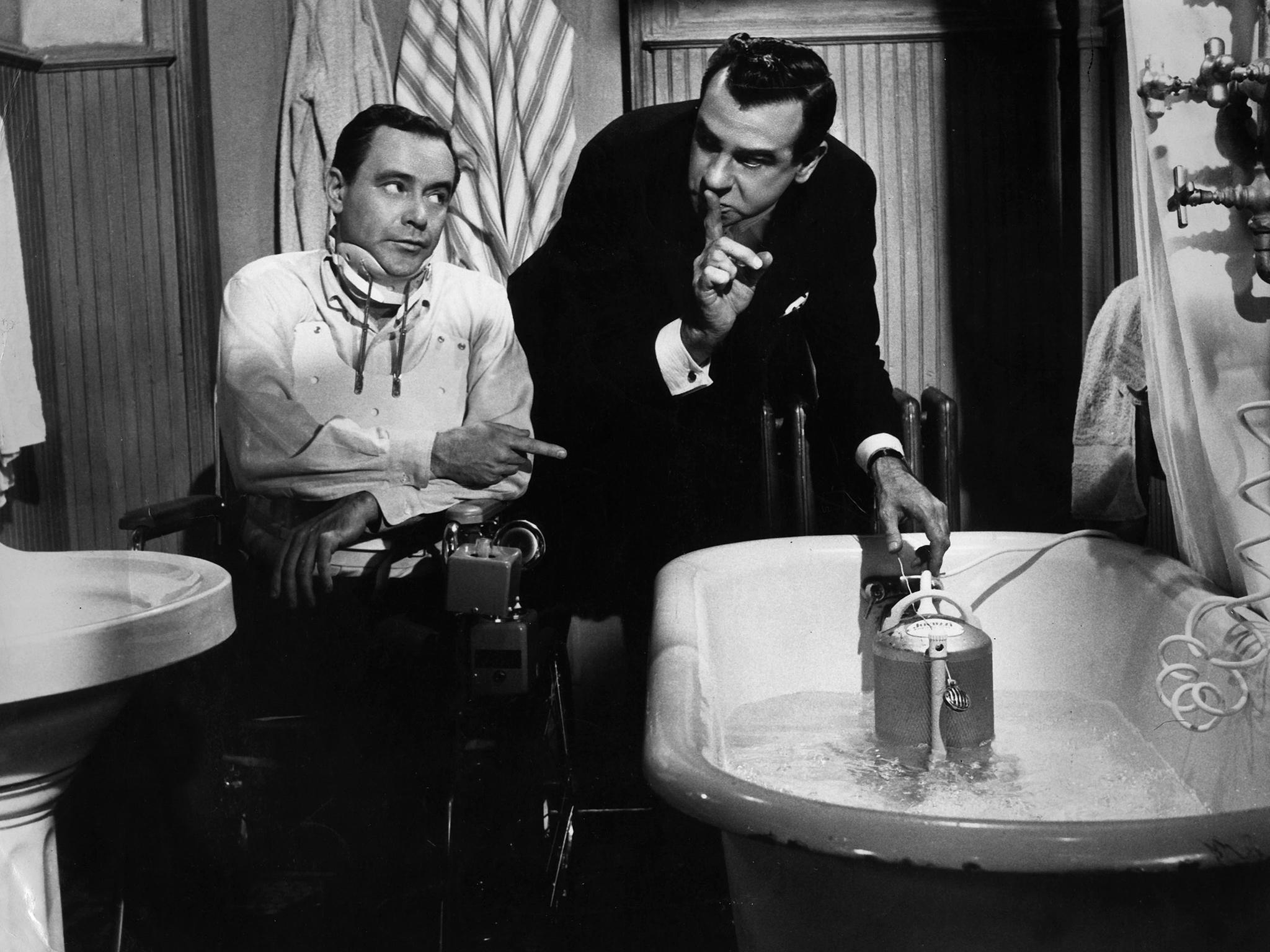
15. ‘The Fortune Cookie’ (1966) Walter Matthau won a best supporting actor Oscar as ambulance-chasing lawyer “Whiplash Willie” who concocts an elaborate insurance scam when his television cameraman brother-in-law (Jack Lemmon) is mildly injured filming a football game. Willie’s credo – “Lincoln? Great President, lousy lawyer” – aptly sums up this typically biting Wilder satire, with barely a single character displaying any redeeming features.
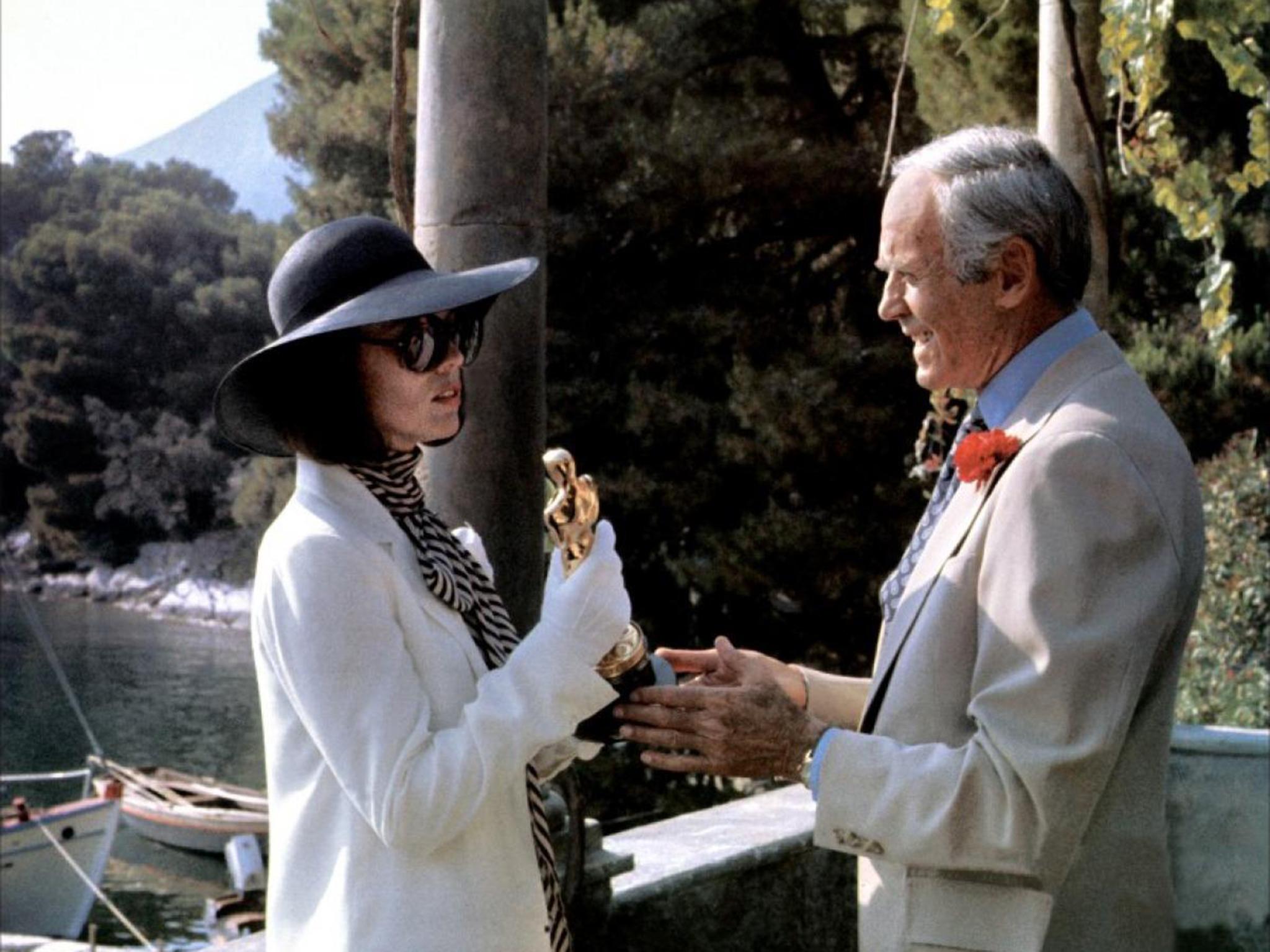
14. ‘Fedora’ (1978) One of Wilder’s most interesting and overlooked films recalls Sunset Boulevard, with William Holden as the producer attempting to lure an apparently ageless and reclusive actress out of retirement. Both Fedora and Wilder seemed out of step with movie trends in 1978, but Wilder’s rumination on the “kids with beards” running an industry obsessed with ageing met with critical favour on its re-release last year.

13. ‘The Private Life of Sherlock Holmes’ (1970) One of Wilder’s most underrated and misunderstood films and ripe for rediscovery, The Private Life was taken out of Wilder’s hands, drastically cut and then failed to find an audience. Wilder’s affectionate, irreverent take on the Holmes myth simultaneously debunks the legend, while celebrating it.
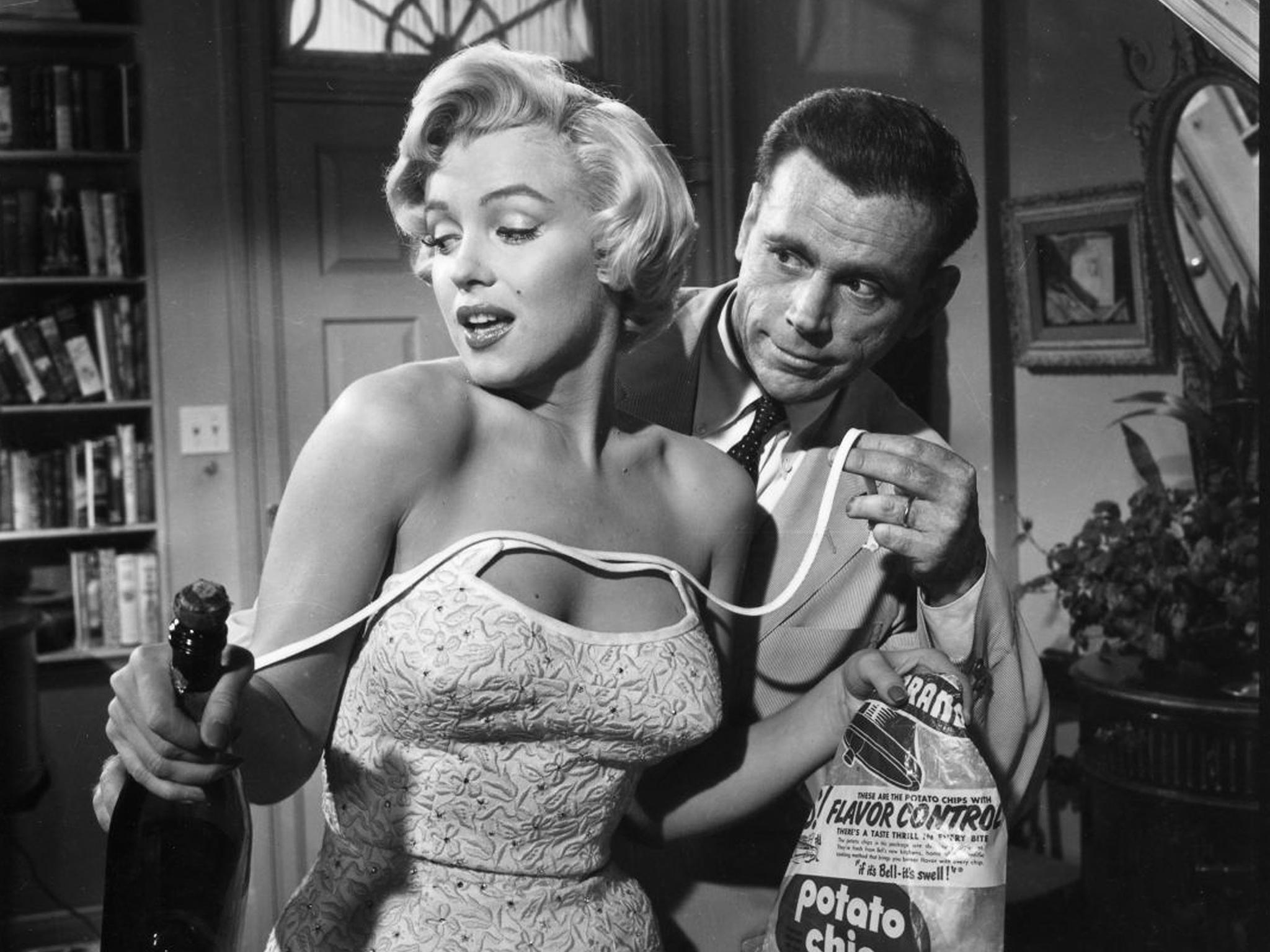
12. ‘The Seven Year Itch’ (1955) Toned down somewhat from the original stage play, Wilder still had to battle the censors over the plot of the married man fantasising about his sexy neighbour. The famous subway vent scene with Marilyn Monroe’s dress billowing skywards had to be re-shot in the studio back lot after leering onlookers on the corner of New York’s Lexington Avenue and 52nd Street made filming impossible. Monroe is a delight, although a frustrated Wilder swore he would never work with her again.
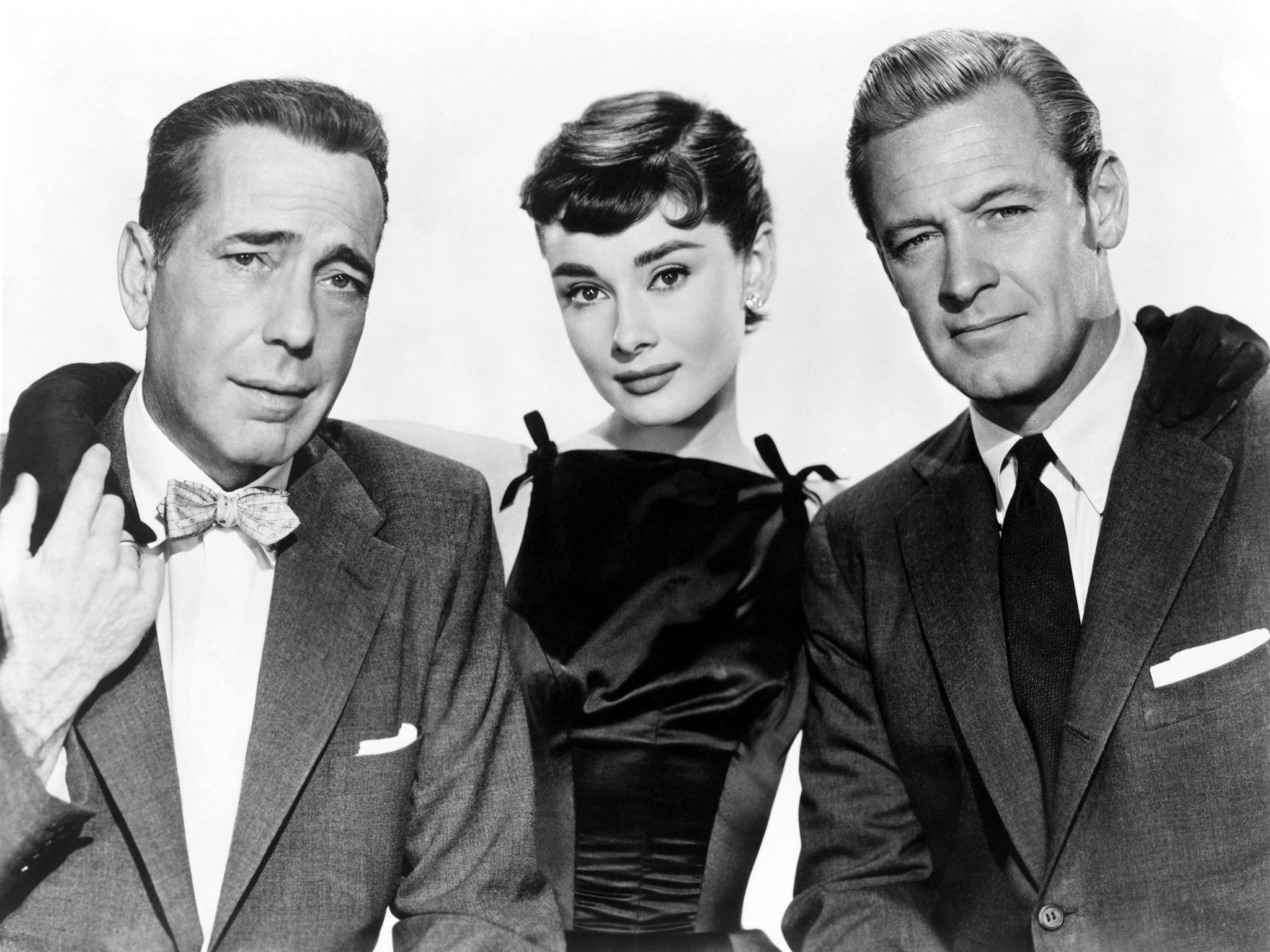
11. ‘Sabrina’ (1954) Wilder wanted Cary Grant but settled for Humphrey Bogart who, in truth, is a little old for the part of the workaholic businessman who falls for the family chauffer’s gamine daughter (Audrey Hepburn) in this ultra-sophisticated romantic comedy about big business and the class divide.
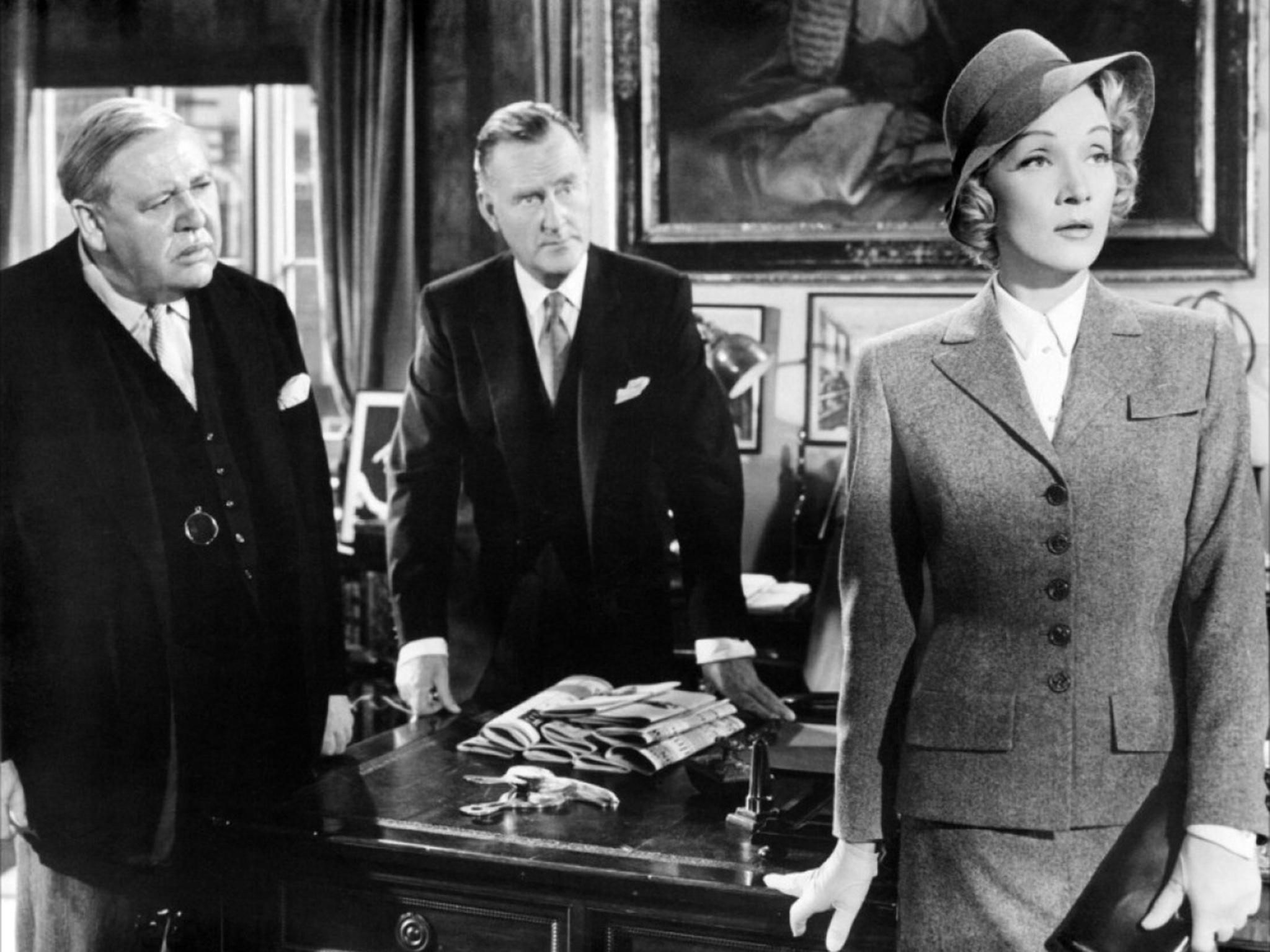
10. ‘Witness for the Prosecution’ (1957) Celebrated adaptation of the Agatha Christie play that Christie herself once called the best film ever made from her work. This was Wilder’s attempt at a Hitchcock-style film and he keeps the suspense-quota high, even if we are familiar with the outcome. The film still holds up remarkably well thanks to an impressive cast and Wilder’s assured direction.
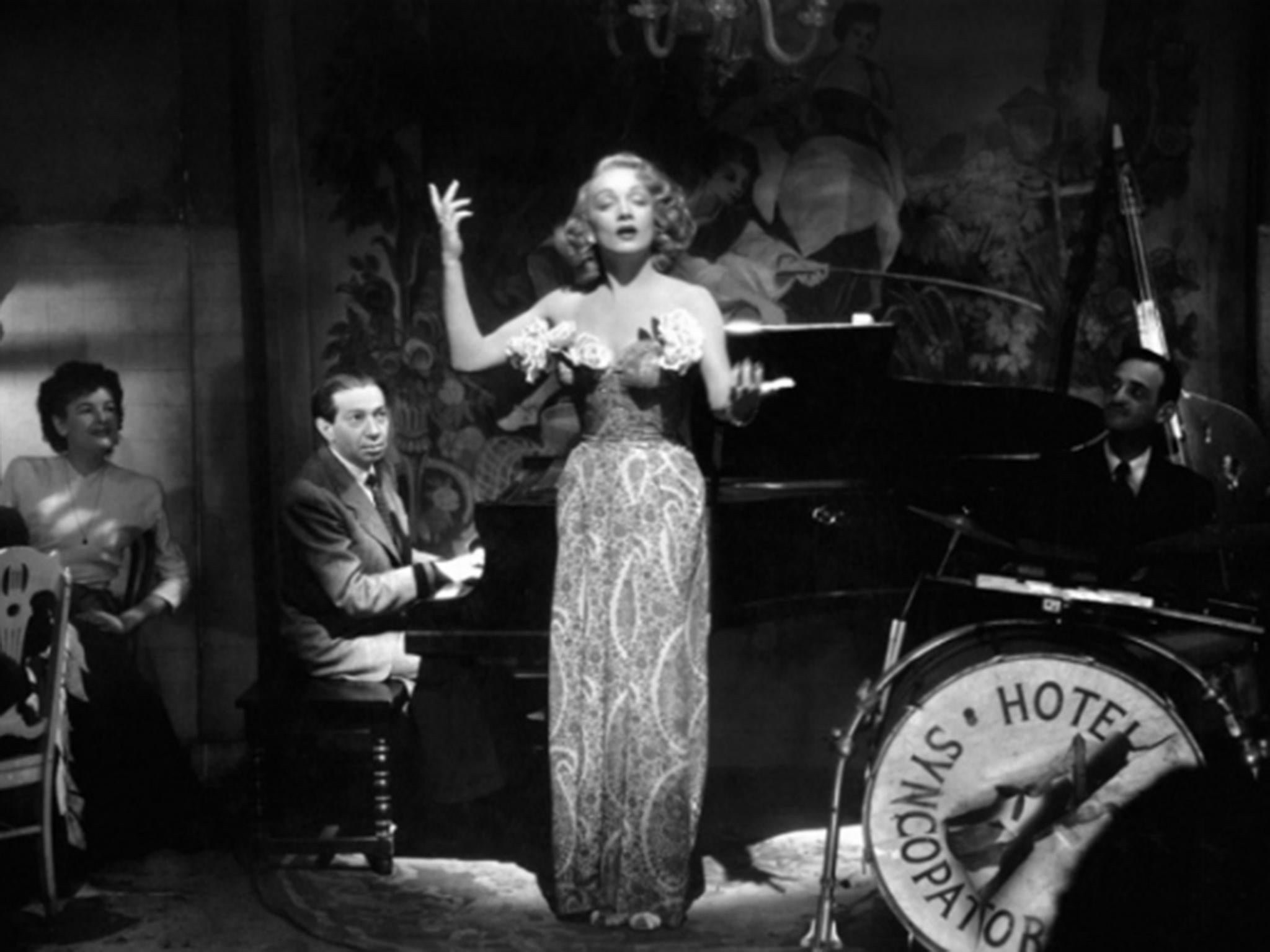
9. ‘A Foreign Affair’ (1948) The film in which Wilder confirmed his unparalleled brilliance for finding humour in the bleakest of situations – in this case a postwar, bombed-out Berlin, with all the usual vices such as the black market and corruption within the American occupying force. Some reviewers couldn’t reconcile the fact that Wilder considered Nazi war crimes a fitting subject for humour, but as a testament to Wilder’s fearlessness as a film-maker, A Foreign Affair is hard to top.
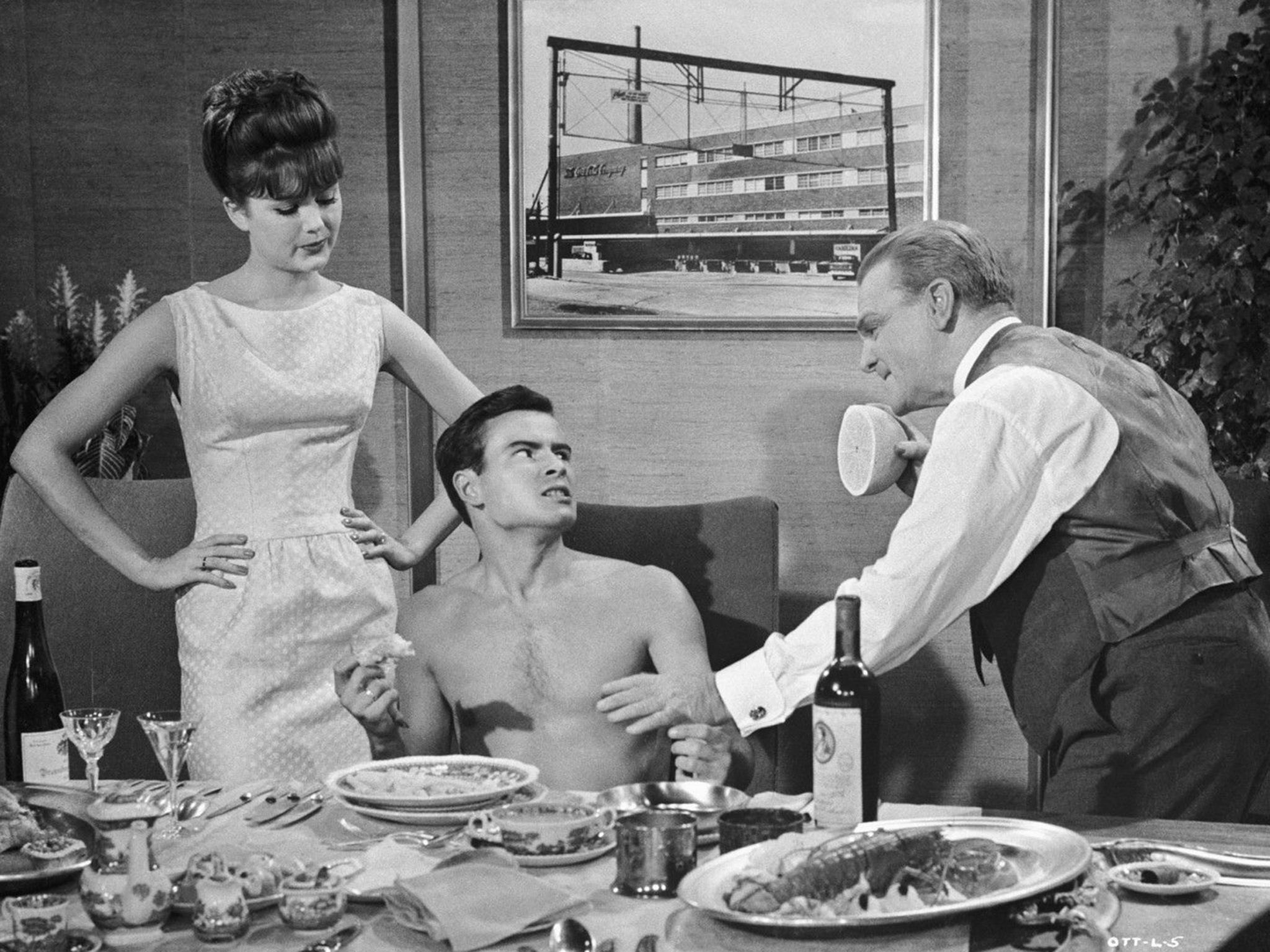
8. ‘One, Two, Three’ (1961) Frantic Cold War farce filmed in Berlin just as the wall was being built, boasting a bravura performance from James Cagney as the Coca-Cola executive attempting to sabotage the marriage of the boss’s daughter to a young Communist. There’s some fun with a grapefruit as Wilder has Cagney lampooning his gangster role past in a movie that rarely eases its manic pace for a second.
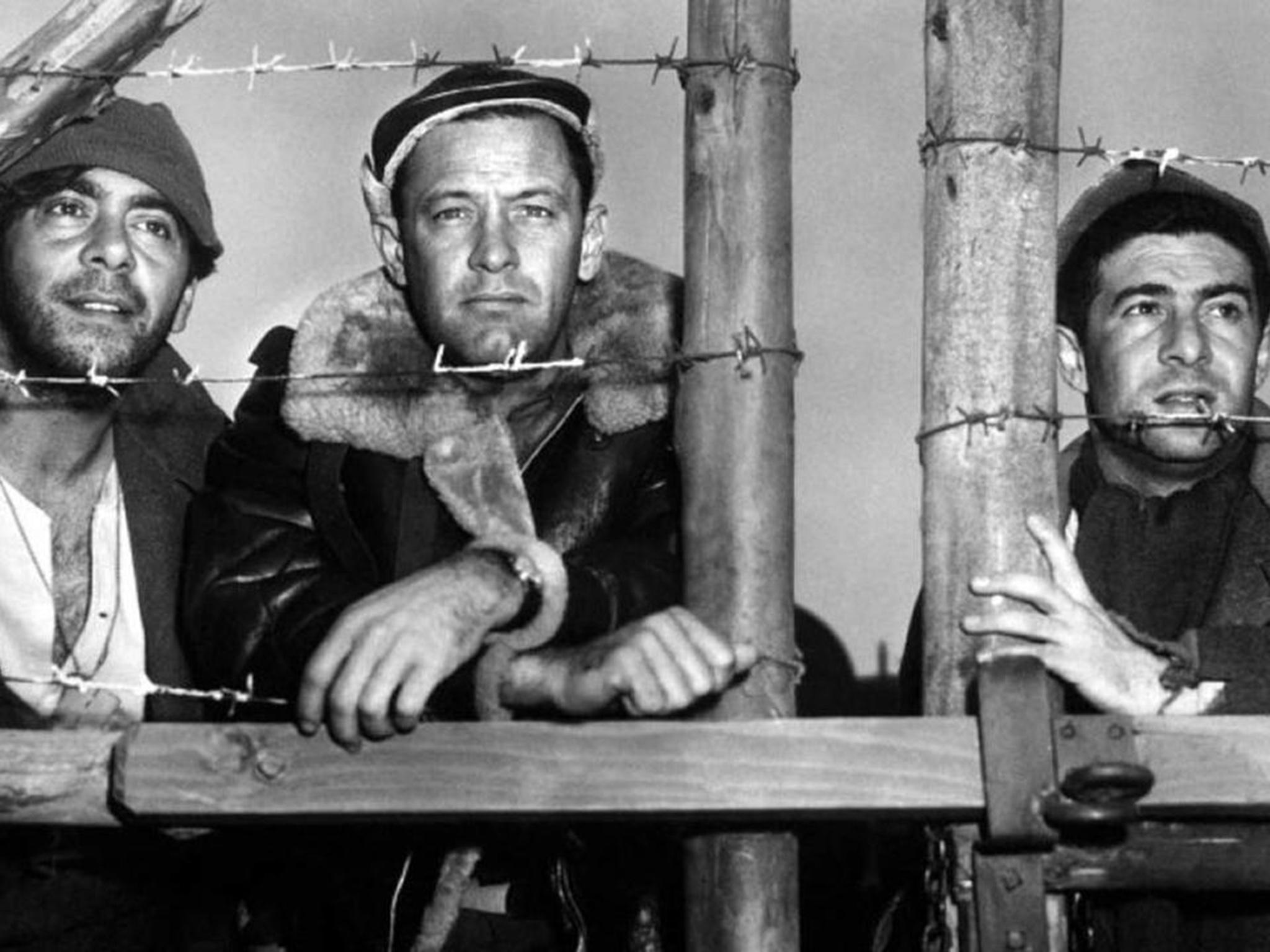
7. ‘Stalag 17’ (1953) Inspired Second World War prisoner-of-war black comedy much rewritten by Wilder from the original Broadway stage play. William Holden gives a charismatic Oscar-winning performance as the hard-bitten, profiteering sergeant suspected of being a Nazi stool pigeon who turns the tables on the real informer. Wilder brilliantly blends comedy and drama to show the reality of life for POW as they try to relieve the boredom and anxiety in any way they can.
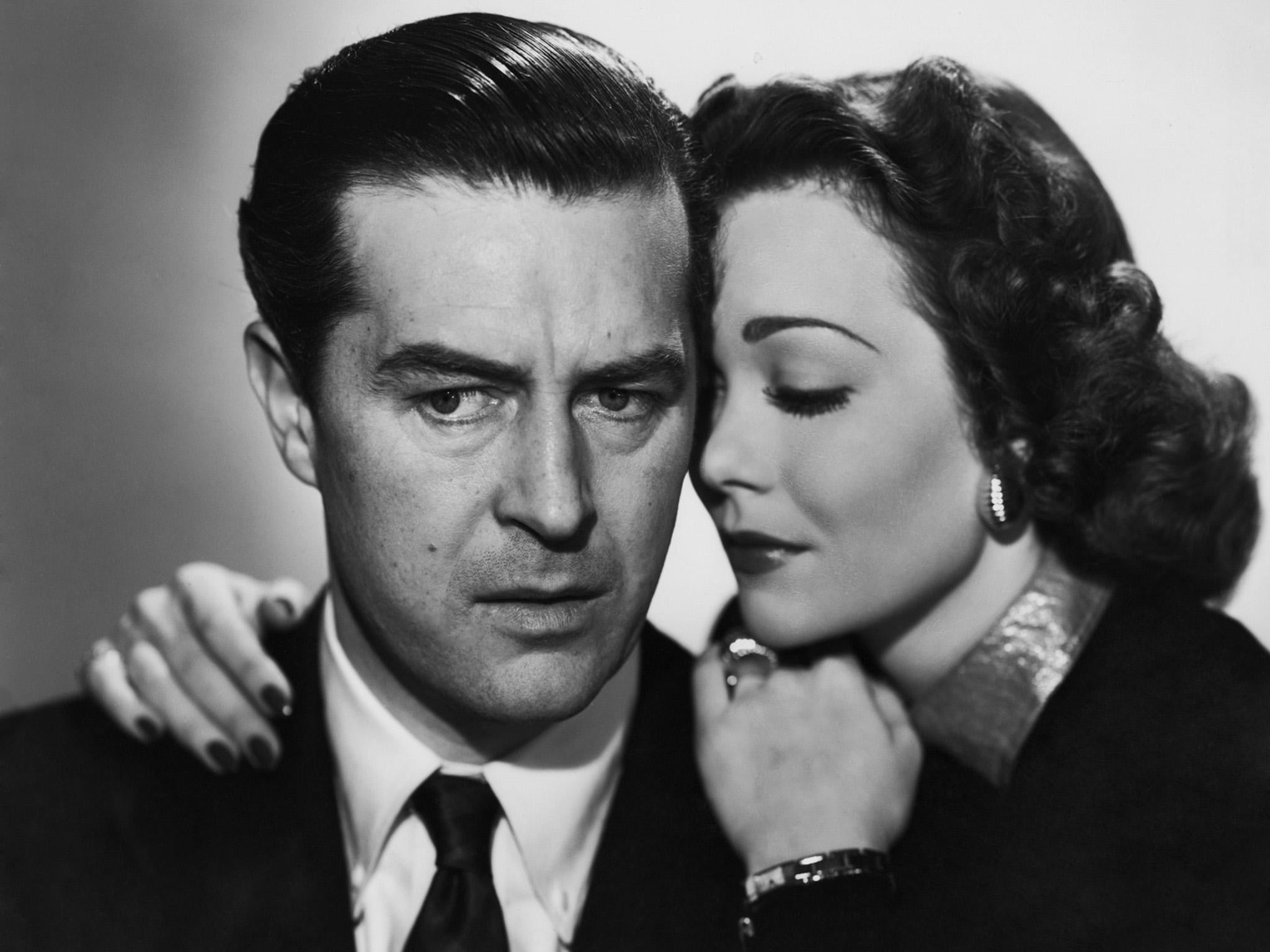
6. ‘The Lost Weekend’ (1945) After tackling murder and adultery in the previous year’s Double Indemnity, Wilder confronted another taboo subject in this merciless drama of one man’s harrowing battle with alcoholism. Still powerful and effective today, The Lost Weekend won the best picture Oscar. Ray Milland was won best actor, and Wilder claimed his first Oscar as director, and for a screenplay with Charles Brackett. This was the beginning of Wilder’s visits to the Oscars podium.
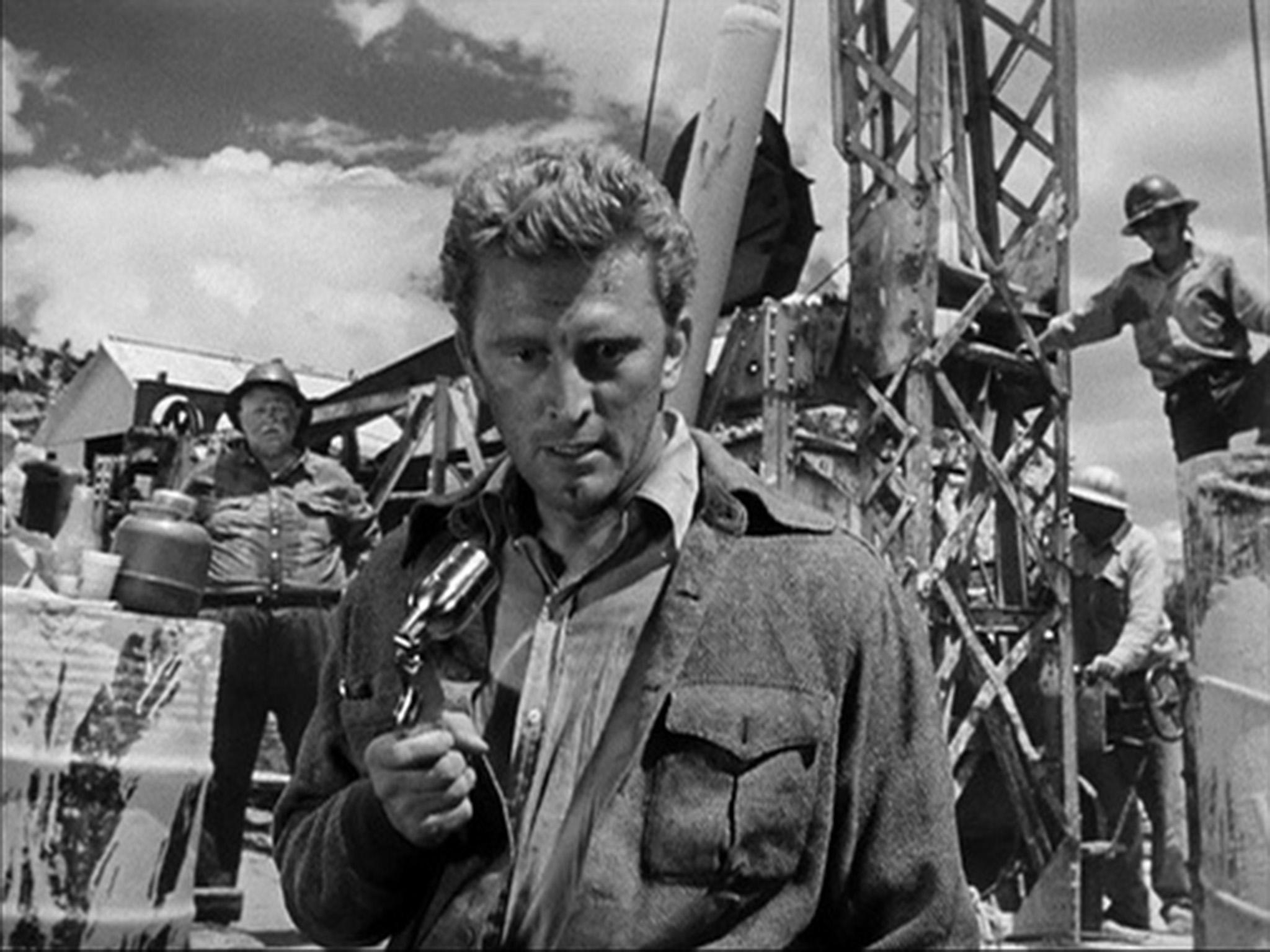
5. ‘Ace in the Hole’ (1951) Wilder’s no-holds-barred indictment of the media’s abuse of power and the public’s blood lust still fascinates and has grown even more powerful and relevant with the passage of time. Wilder explained the box office failure of this, his most scathing examination of human nature thus: “Americans expected a cocktail and felt I was giving them a shot of vinegar instead”.
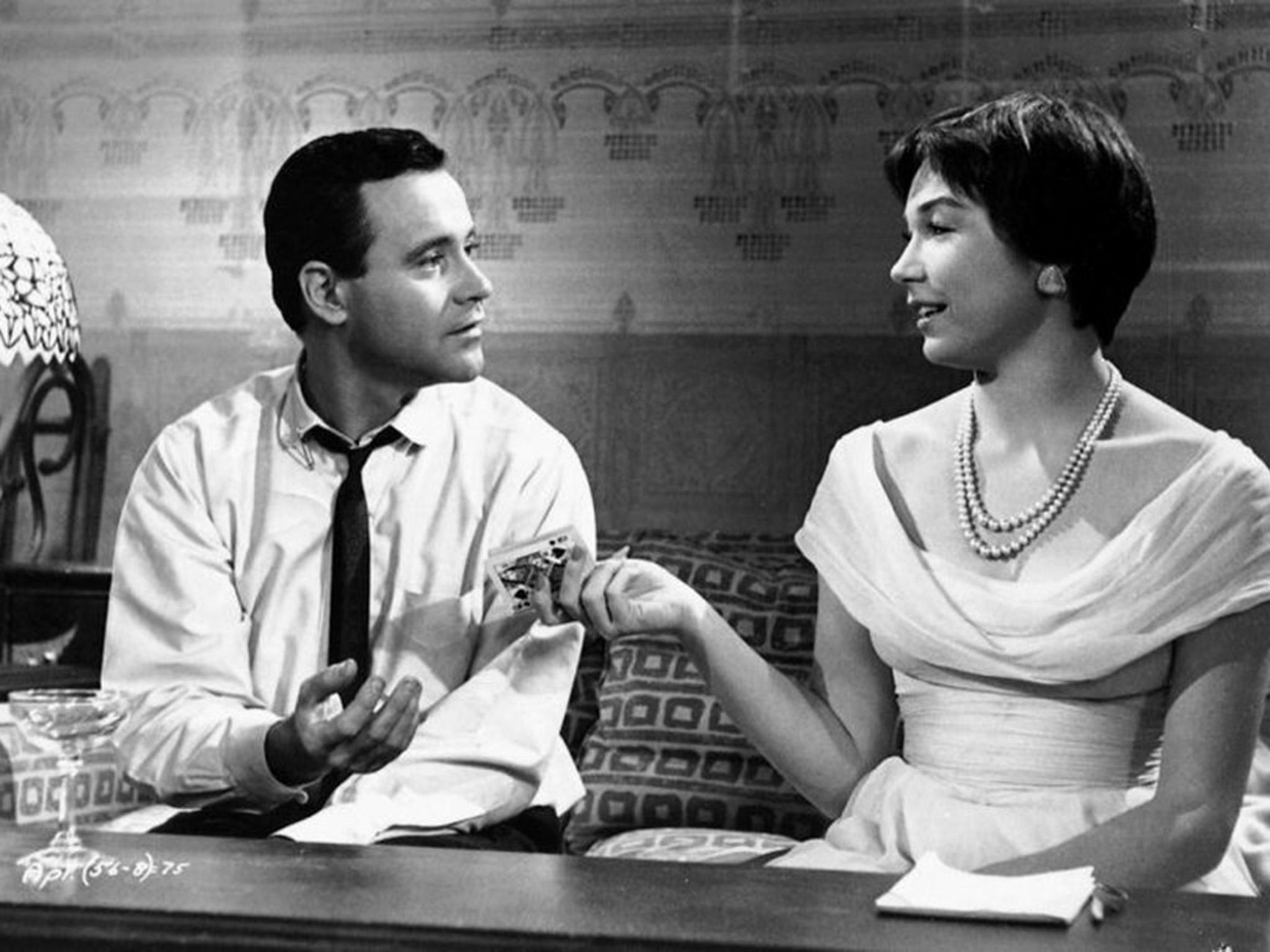
4. ‘The Apartment’ (1960) Producer Wilder raised the Oscars for best film, director and screenplay for this superb comedy-drama that seamlessly blends sentiment with Wilder’s bleak cynicism. Jack Lemmon is the lowly insurance clerk who allows his bosses to use his apartment for their extramarital affairs in return for accelerated promotions. Complications ensue when Lemmon falls for one of the mistresses (Shirley MacLaine) in Wilder’s most realistically human film. An American classic, in fact.
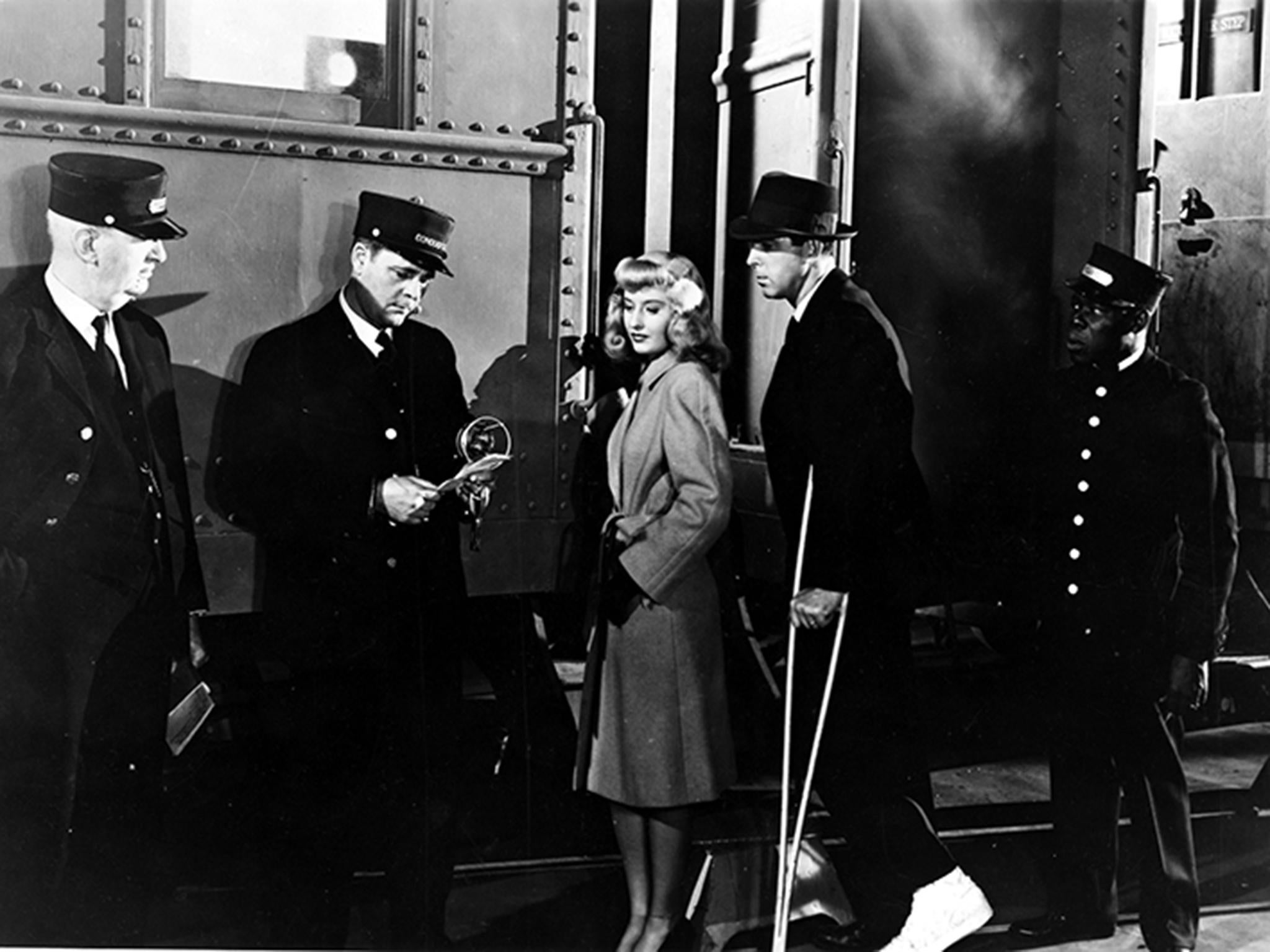
3. ‘Double Indemnity’ (1944) Wilder announced himself as a great filmmaker with a movie that defines film noir. Wilder and co-writer Raymond Chandler feuded throughout their collaboration and Chandler reckoned the experience shortened his life, but the result was cinematic gold with sparkling dialogue and career high performances from Fred MacMurray, Barbara Stanwyck and Edward G Robinson. The morally questionable storyline of murder and adultery challenged the Hollywood Production Code and nothing was ever quite the same again.
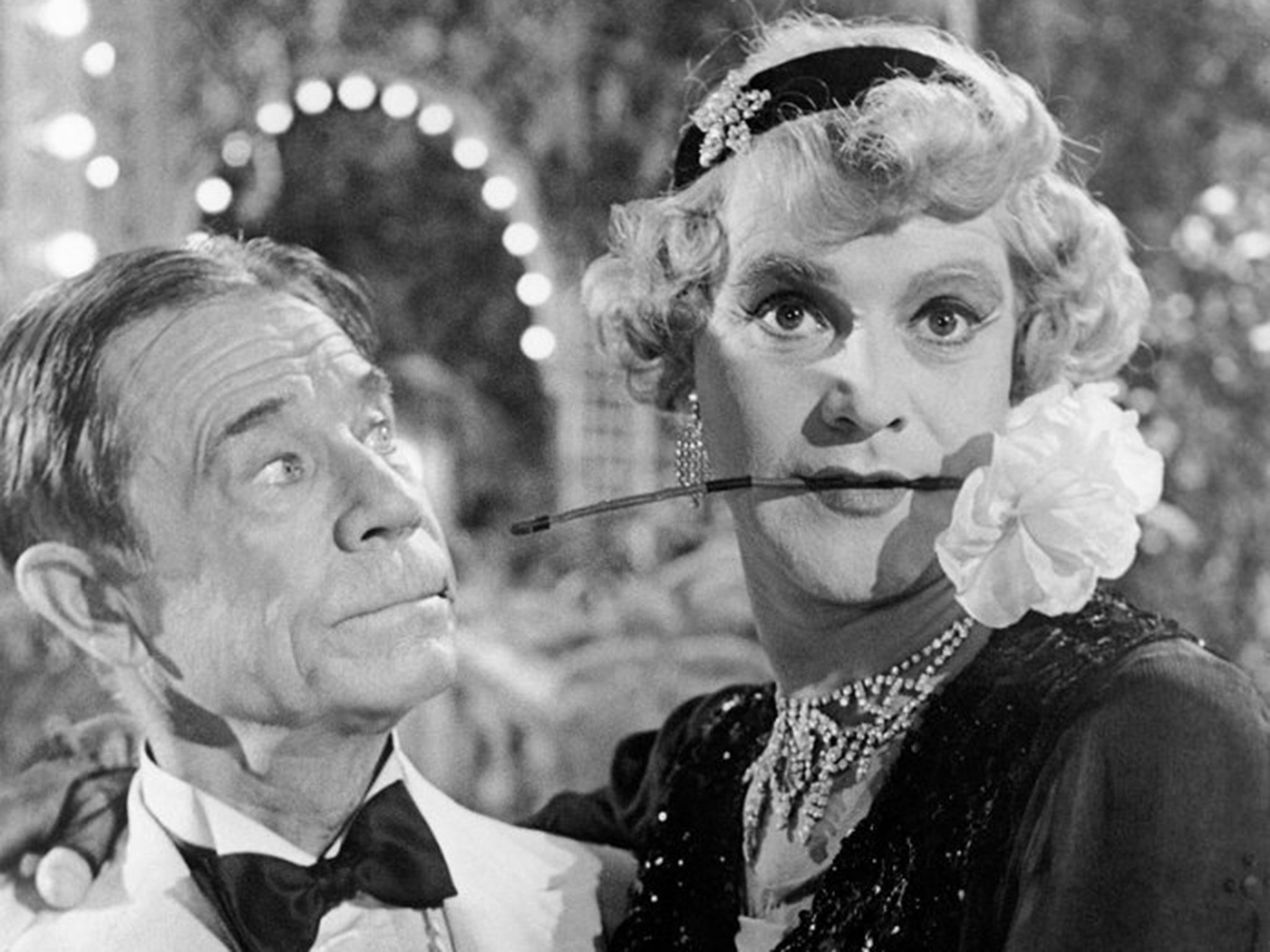
2. ‘Some Like It Hot’ (1959) Wilder once said in an interview that he constantly re-wrote his movies in his own mind. One can only assume that Some Like it Hot, a common choice as the greatest comedy film ever made, didn’t cause Wilder much extra-curricular brainstorming. To coin a phrase, nobody’s perfect, but this glorious, riotous treat is as damn near close to perfect as a movie can be...
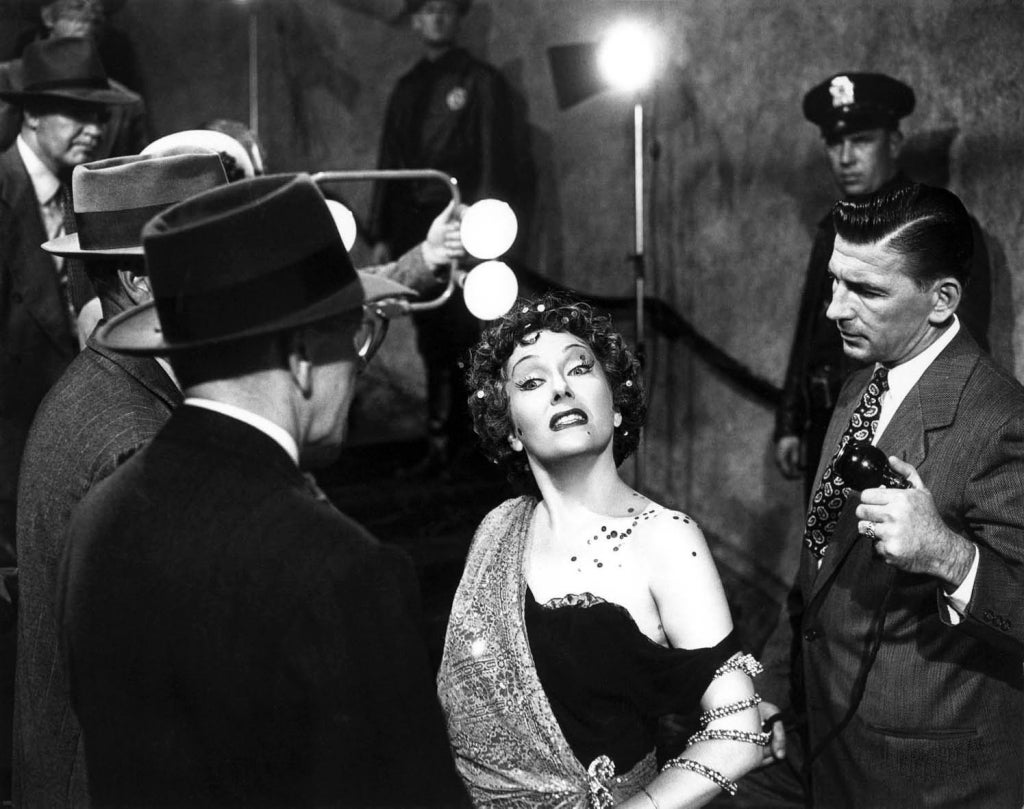
1. ‘Sunset Boulevard’ (1950) ...apart from this one, of course. Wilder’s cruellest film is the greatest movie ever made about Hollywood and has long since entered the public consciousness thanks to endlessly quotable Oscar-winning dialogue and typically daring Wilder tropes such as the use of flashback. The film begins at the end with William Holden’s dead body floating in the swimming pool as he narrates the movie. Wilder’s ultimate masterpiece will endure for as long as cinema itself. “The opening wasn’t logical,” Mr Wilder once said, “but it was riveting and as long as something is riveting, they will swallow it.”
Join our commenting forum
Join thought-provoking conversations, follow other Independent readers and see their replies
Comments